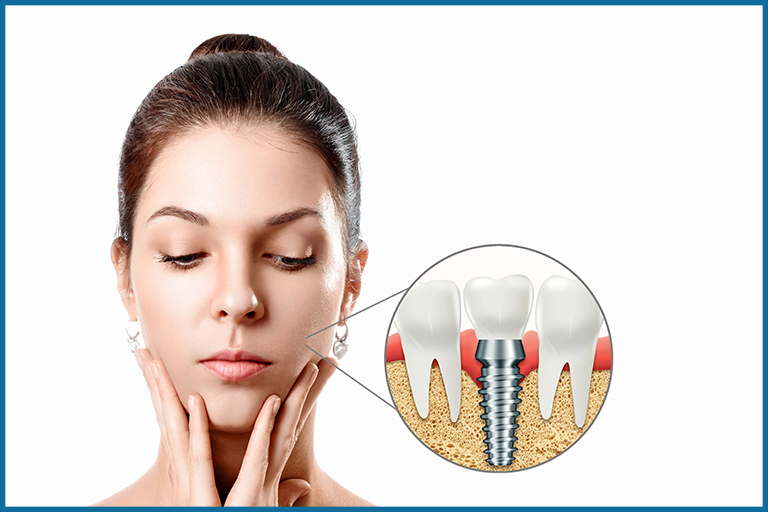
- Home
- About
- Our Team
- Services
- Postoperative Care
- Smile Gallery
- Medical Tourism
- Blog
- Offers
- Contact Us
- Home
- About
- Our Team
- Services
- Postoperative Care
- Smile Gallery
- Medical Tourism
- Blog
- Offers
- Contact Us

Whenever we are planning to get our missing tooth replaced, we always ask our dentist for the best option. Here, best is used to describe all the properties that bring the replacement closer to the properties of a natural tooth. Implants nowadays are considered as an excellent option for tooth replacement. When compared with other replacement options, implants have:
But, it is very crucial to note that every individual is not the right candidate for implants. There are certain requirements in terms of health conditions as well as quality of jaw bone present since the implant is drilled into it. A good density of jaw bone is required for good results with implants. However, sometimes there might be a need for bone graft before implant placement to get better results with implant.
Longevity of Dental Implants and the Need for Replacement
In the procedure of implant placement, most commonly titanium and sometimes other bio friendly screws are drilled into the bone known as the implant body. The implant fuses with the bone over time in a process known as Osseointegration. The body of implant the supports an abutment and crown, the crown is visible in mouth as tooth.
The structure described above is not permanent, however, if taken proper care, the implants can last for as long as 25 long years!
There are chances of appearance of signs of wear on the crown after 10 to 15 years, the main reason is accidentally biting onto a hard food item or following a trauma. Further, the contour of gum tissue around the implant tooth can recede due to improper hygiene practices and increasing age. The accumulation of plaque and tartar can push the gums around tooth downwards, and abutment part of implant becomes visible. Again, a new crown may be indicated.

The chances of implant failure are towards the lower side with success rates ranging to 70 to 90 percent. The failure can be due to insufficient bone around the implant that results in loosening of implant. Sometimes there can be an allergic reaction to implant.
Further, the implant failure can be an early failure that happens within a few months after implant placement. A late failure can happen following a year after implant placement due to infection or due to excessive forces on implant.
All implant failures cannot be replaced; insufficient bone can be treated with grafts. Removing implant leaves a hole in a bone that is too large to be fixed.

The health conditions where implant is not indicated include:
For a successful implant, an expert suggestion and properly planned treatment is necessary along with post op care following the implant placement. If you are looking for dental implants in Dubai, book your appointment now.